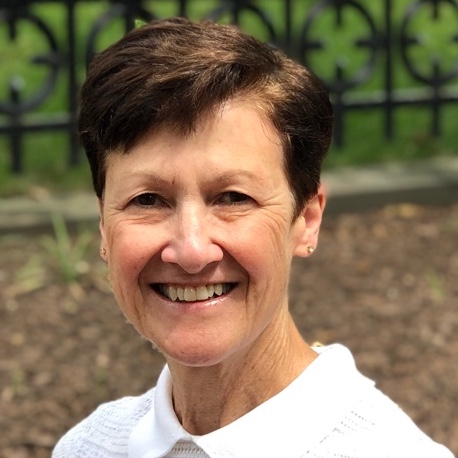
Suzanne Parry’s interest in the Soviet Union began in college. As as undergraduate, she studied Russian in Moscow. After earning a master’s degree from Princeton University, she joined the US Department of Defense and worked as an arms control specialist at the Pentagon, where she helped negotiate the Conference on Disarmament in Europe, the first security agreement of the Gorbachev era. Suzanne went on to raise a large family (requiring its own negotiating skills), teach university, and move to several different countries. She landed in Portland, Oregon, where she coached high school cross-country and track before embarking on a writing career. A committed runner, she has completed several dozen marathons, including the fifty-six-mile Comrades Marathon in South Africa. She now divides her time between Portland and Washington, DC. When not writing, running, or planning her next travel adventure, she enjoys time with her adult children and grandchildren. She lives in Portland, OR.
about LOST SOULS OF LENINGRAD

June 1941. Hitler’s armies race toward vulnerable Leningrad. In a matter of weeks, the Nazis surround the city, cut off the food supply, and launch a vicious bombardment. Widowed violinist Sofya Karavayeva and her teenage granddaughter, Yelena, are cornered in the crumbling city.
On Leningrad’s outskirts, Admiral Vasili Antonov defends his homeland and fights for a future with Sofya. Meanwhile, Yelena’s soldier fiancé transports food across the Ice Road— ;part of the desperate effort to save Leningrad. With their help, the two women inch toward survival, but the war still exacts a steep personal price, even as Sofya’s reckoning with a family secret threatens to finish what Hitler started.
Equal parts war epic, family saga, and love story, Lost Souls of Leningrad brings to vivid life this little-known chapter of World War II in a tale of two remarkable women—grandmother and granddaughter—separated by years and experience but of one heart in their devotion to each other and the men they love. Neither the oppression of Stalin nor the brutality of Hitler can destroy their courage, compassion, or will in this testament to resilience.
